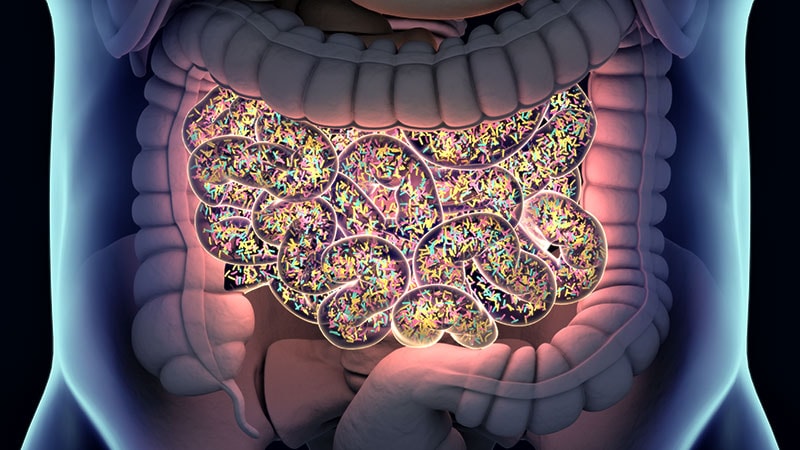Impact of Dietary Changes on Lung Function in NYC Firefighters Post 9/11
Core Concepts
Dietary changes, specifically a low-calorie Mediterranean-style diet, can positively impact lung health by altering the gut microbiome composition.
Abstract
The study explores the impact of dietary changes on the gut microbiome and lung function in NYC firefighters post 9/11. Key points include:
Influence of diet on gut microbiome and lung health.
Low-calorie Mediterranean-style diet associated with beneficial bacterial species.
Positive effects on body mass index, cholesterol levels, and inflammation.
Significant improvements in lung function and vascular health.
Microbiome substudy findings on bacterial diversity and species changes.
Confounding factors in interpreting associations between diet, microbiome, and lung health.
Dietary Changes to Microbiome May Improve Lung Function
Stats
Participants following a low-calorie, Mediterranean-style diet had higher levels of Bacteroides ovatus in stool samples.
Mice gavaged with Bacteroides ovatus showed reductions in body mass index and serum LDL cholesterol.
LoCalMed group had significant decreases in BMI and increases in FEV1.
In the validation study, patients in the LoCalMed arm had significant reductions in Ruminococcaceae and increases in Bacteroides ovatus and Alistipes shahii.
Quotes
"It's interesting that we saw this done in other models, like mouse models and such, where certain bacteria were viewed as healthy for the system." - Rachel Lam
"I think it's interesting that clearly diet is influencing the type of bacteria in the biome in the gut, and perhaps some are favorable, and some are not favorable." - Samuel Evans, MD
Key Insights Distilled From
by Neil Osterwe... at www.medscape.com 10-09-2023
https://www.medscape.com/viewarticle/997200
Deeper Inquiries
How do the findings of this study contribute to our understanding of the gut-lung axis and its implications for respiratory health?
The findings of this study shed light on the intricate relationship between the gut microbiome and lung health, emphasizing the concept of the gut-lung axis. The study suggests that dietary changes, particularly adopting a low-calorie Mediterranean-style diet, can influence the composition of the gut microbiome, leading to potential improvements in lung function. The presence of specific bacterial species, such as Bacteroides ovatus, was associated with protective effects against inflammation, which is crucial for maintaining respiratory health. These results highlight the significant impact of diet on the gut microbiome composition, which in turn can affect lung function and overall respiratory well-being.
What potential limitations or biases could impact the interpretation of the associations between diet, microbiome, and lung function in this study?
Several limitations and biases could affect the interpretation of the associations observed in this study. Firstly, the study focused on a specific group of individuals, namely New York City firefighters exposed to the World Trade Center site on 9/11, which may limit the generalizability of the findings to the broader population. Additionally, dietary assessments and microbiome analyses are subject to inherent variability and measurement errors, which could introduce biases into the results. Furthermore, the complexity of the gut microbiome and its interactions with various factors make it challenging to isolate the specific effects of diet on lung function. Confounding variables, such as other lifestyle factors or environmental exposures, could also influence the outcomes, potentially leading to misinterpretation of the associations between diet, microbiome, and lung health.
How might the insights gained from studying the gut microbiome in relation to lung health extend to other occupational groups or general populations?
The insights obtained from studying the gut microbiome in relation to lung health among New York City firefighters could have broader implications for other occupational groups and the general population. By understanding the impact of diet on the gut-lung axis, healthcare professionals can potentially recommend dietary interventions to improve respiratory health in various occupational settings. For example, individuals in occupations with high exposure to environmental pollutants or respiratory hazards may benefit from dietary modifications aimed at promoting a healthy gut microbiome and mitigating lung inflammation. Moreover, the findings from this study could inform public health initiatives focused on promoting healthy eating habits and gut health to enhance lung function and overall well-being in the general population. Further research in diverse occupational groups and populations is warranted to validate these insights and explore their applicability in different contexts.
0
